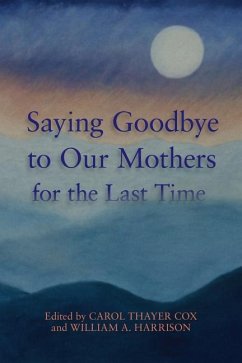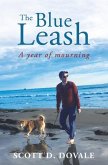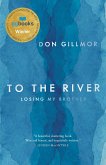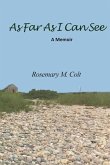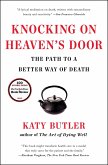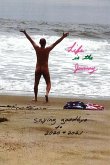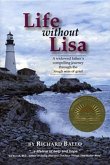Mother loss, no matter when it happens, is a pivotal event in a person's life. How profound it is to lose the first person you have known in life, the person who has known you the longest and who holds memories of you from your very beginning. Whether her parenting was nurturing, mediocre, or damaging, you still experienced her as your mother. Biological or adoptive, regardless of what transpires, there is a bond between mother and child. Saying Goodbye to Our Mothers for the Last Time includes 35 authors/contributors, both women and men, who write about the death of their mothers. The volume is rich in variety, from different locations to assorted cultures and ethnicities, from ways of dying to types of funerals, from methods of dealing with loss to strategies for self-care. Some of these stories are elegant in their simplicity, others intricate in their complexity. Some incite laughter and others elicit tears. Saying Goodbye tells people's stories, and like fairy tales and myths, these stories offer readers an opportunity to relate to the characters and vicariously experience their trials and sorrows as well as their joys and celebrations. Stories help us tap into these archetypes of life and death that are part of us all. Baby boomers are going through this experience every day, but just knowing that other people are losing their mothers does not help them get through it themselves. In our western culture, dying is rarely talked about, and there is little to prepare us for that moment. When people die, we talk about who they were and what we want to remember about them. But we don't often share with one another what really happens when the death occurs. And those are the memories that linger. We asked our authors to write about something very intimate-the death of their mothers and thus the end of their lives with their mothers. This book takes a lens to the transition from life to death, to focus in on that event and how people said good-bye, whether they were at their mother's side or not. These are stories that need to be told-stories that will guide, warn, encourage, and inspire others when they must cross that threshold and say good-bye to their own mothers for the last time. It will also be a gift to those who have already lost their mothers, as these stories may provide solace and perspective. And for those who may be wondering about their own inevitable departure from their families, perhaps these essays could affect the attitude they adopt toward mortality and so make this difficult time more satisfying for them and their children.
Hinweis: Dieser Artikel kann nur an eine deutsche Lieferadresse ausgeliefert werden.
Hinweis: Dieser Artikel kann nur an eine deutsche Lieferadresse ausgeliefert werden.

